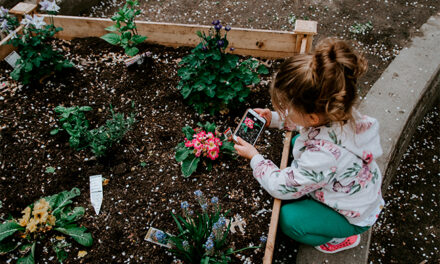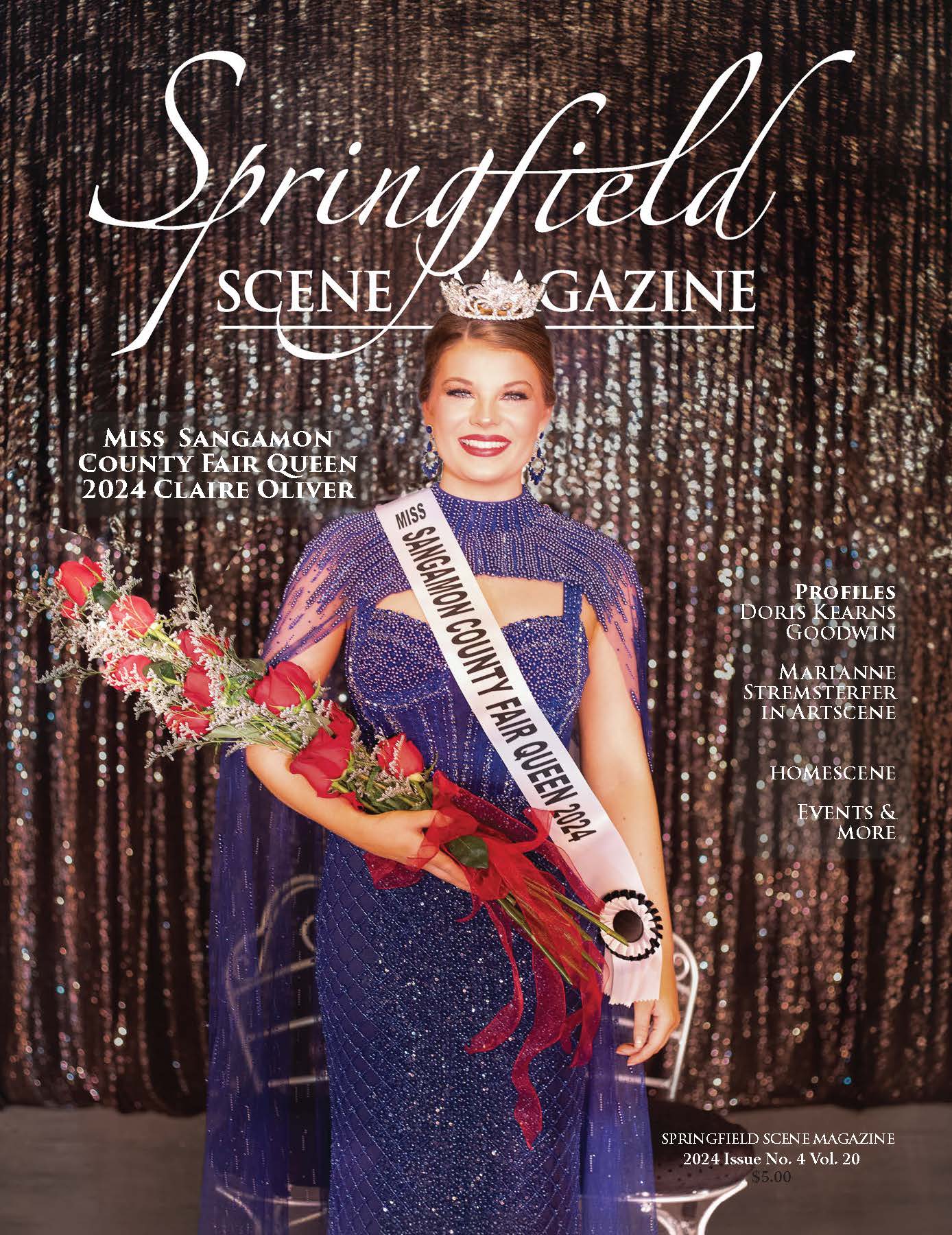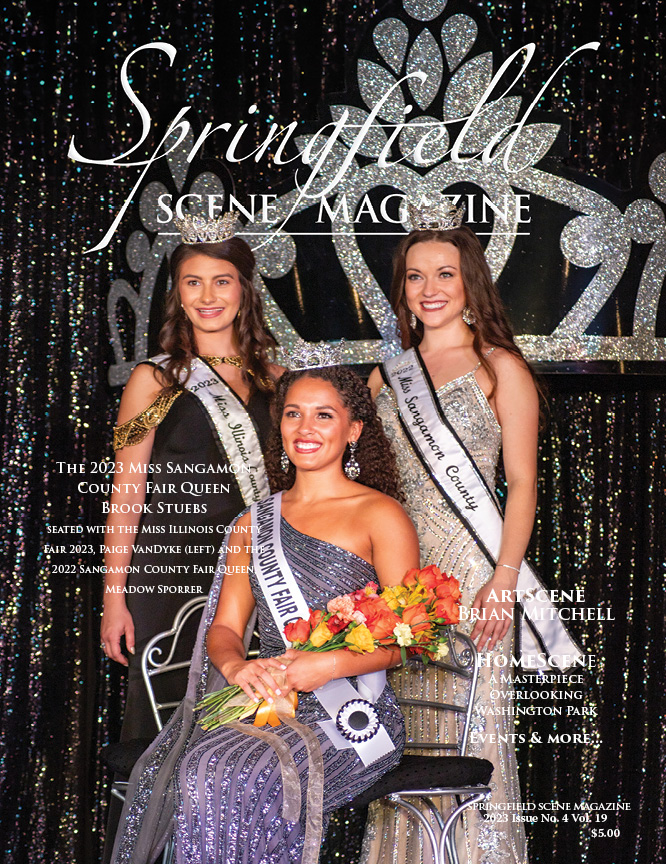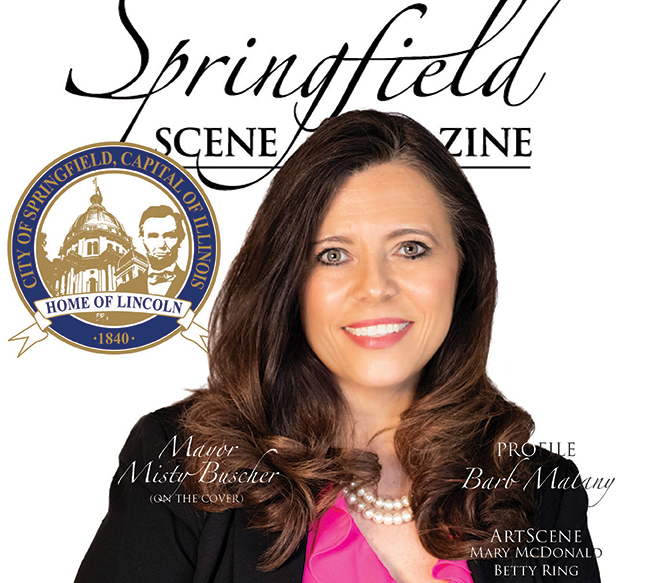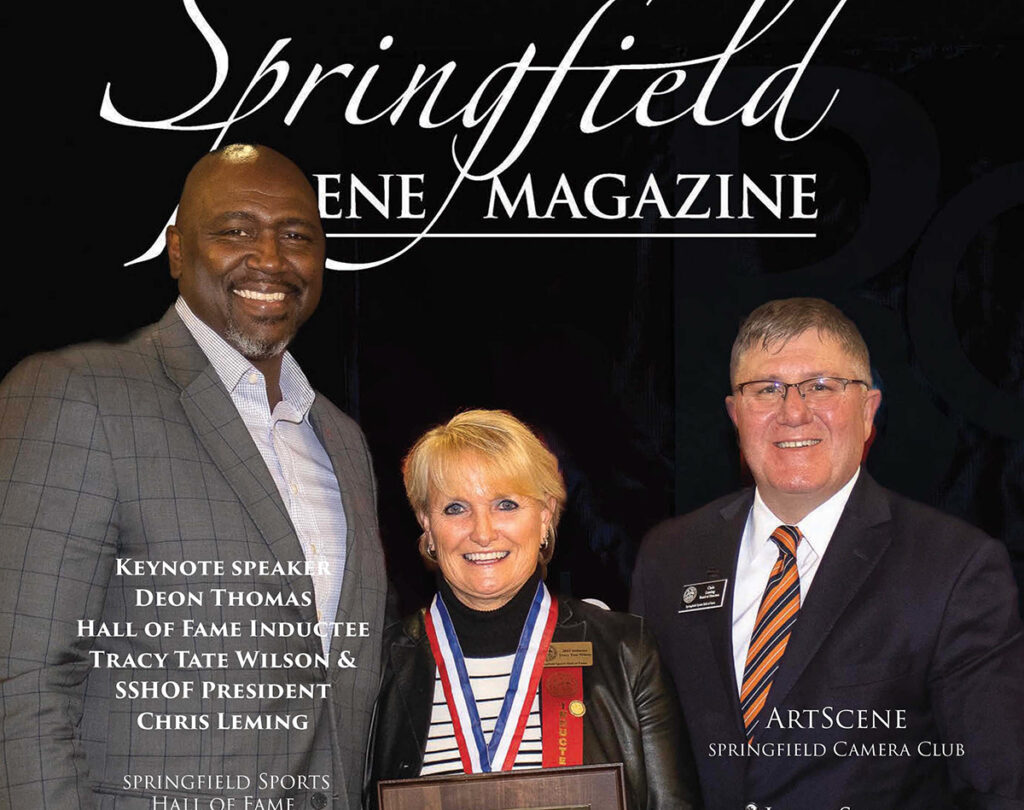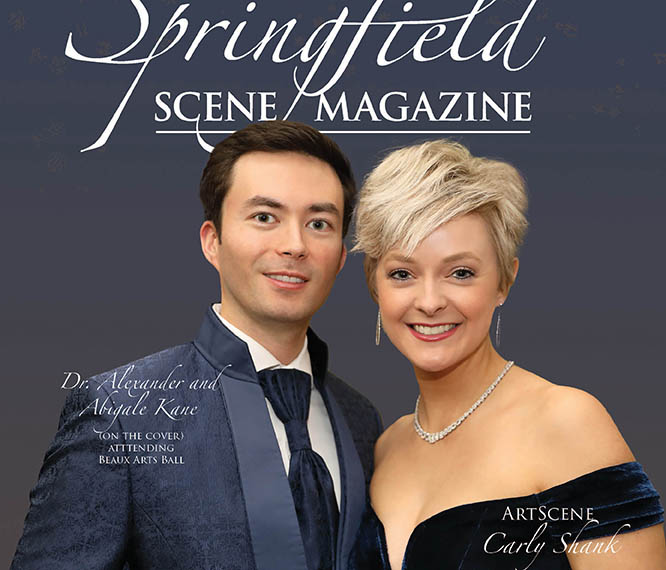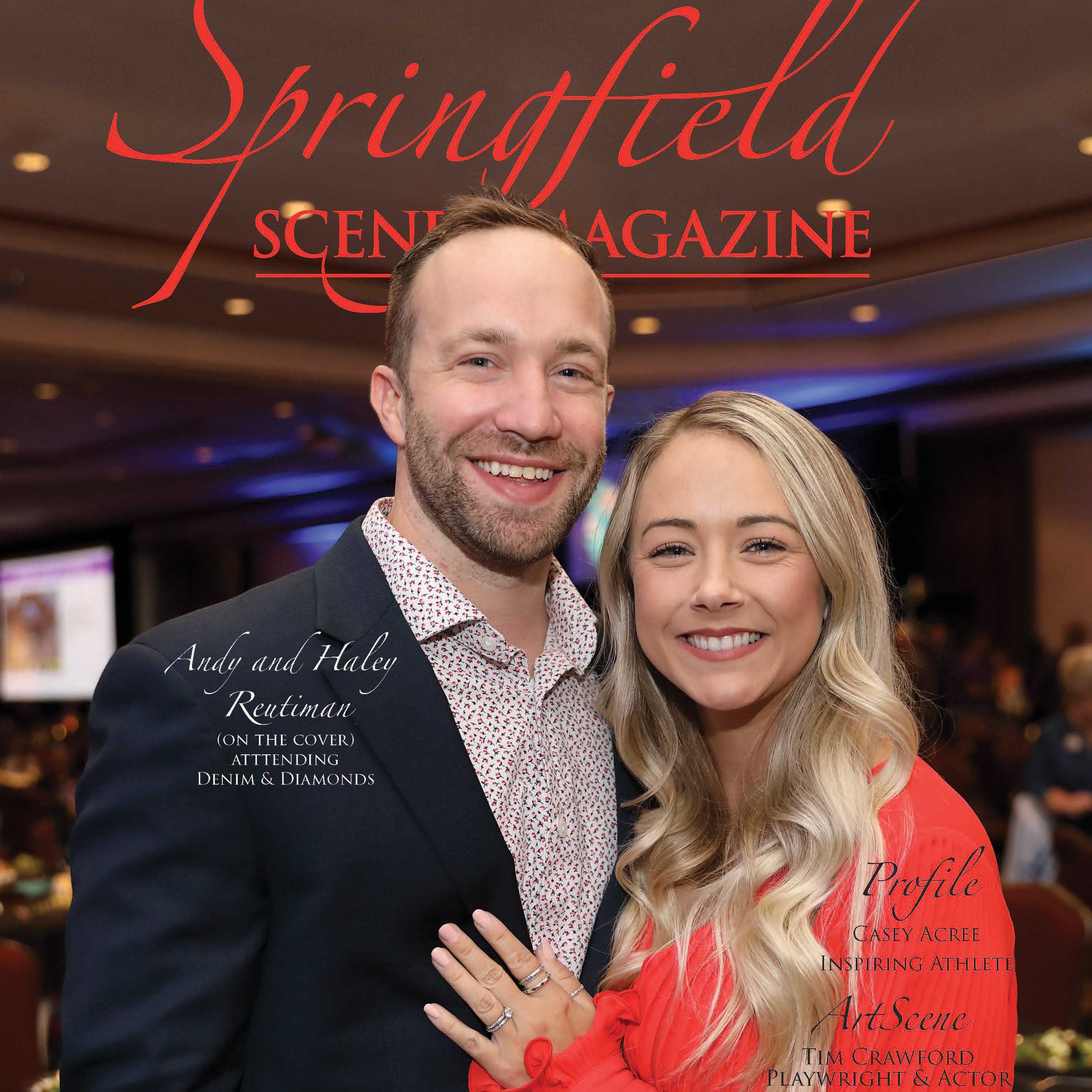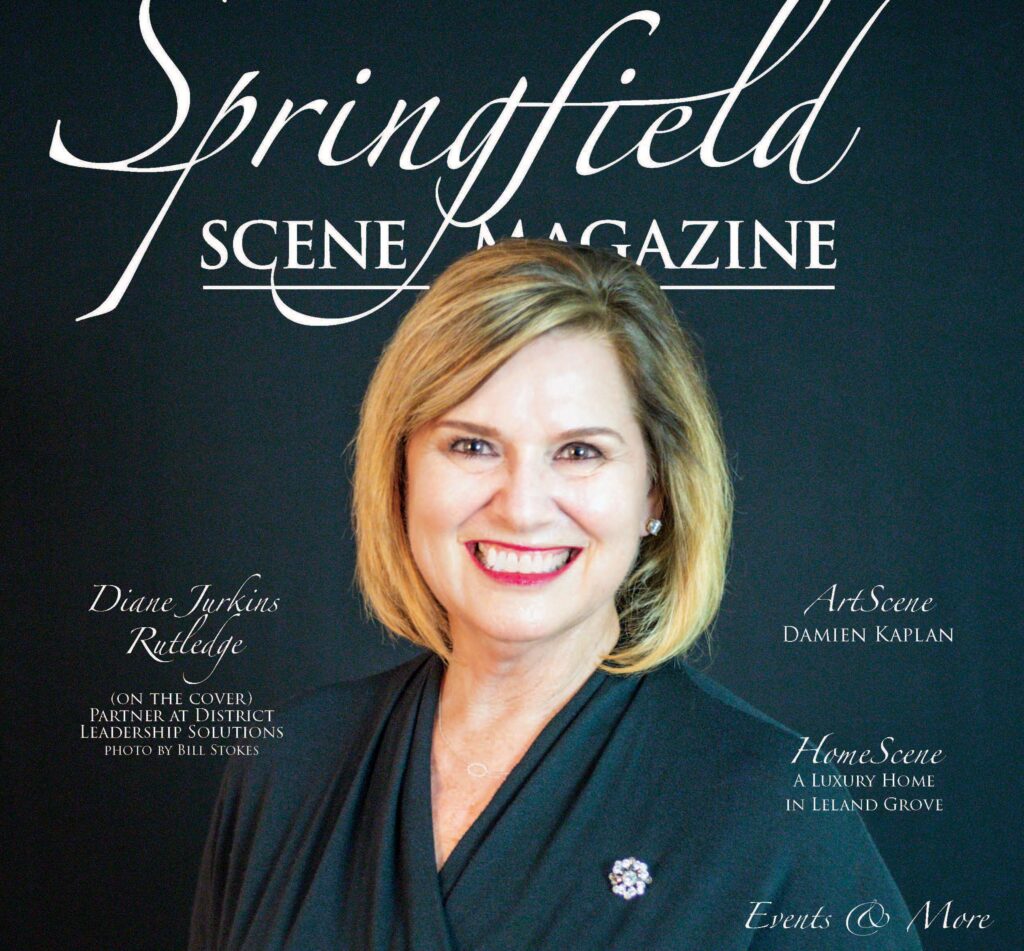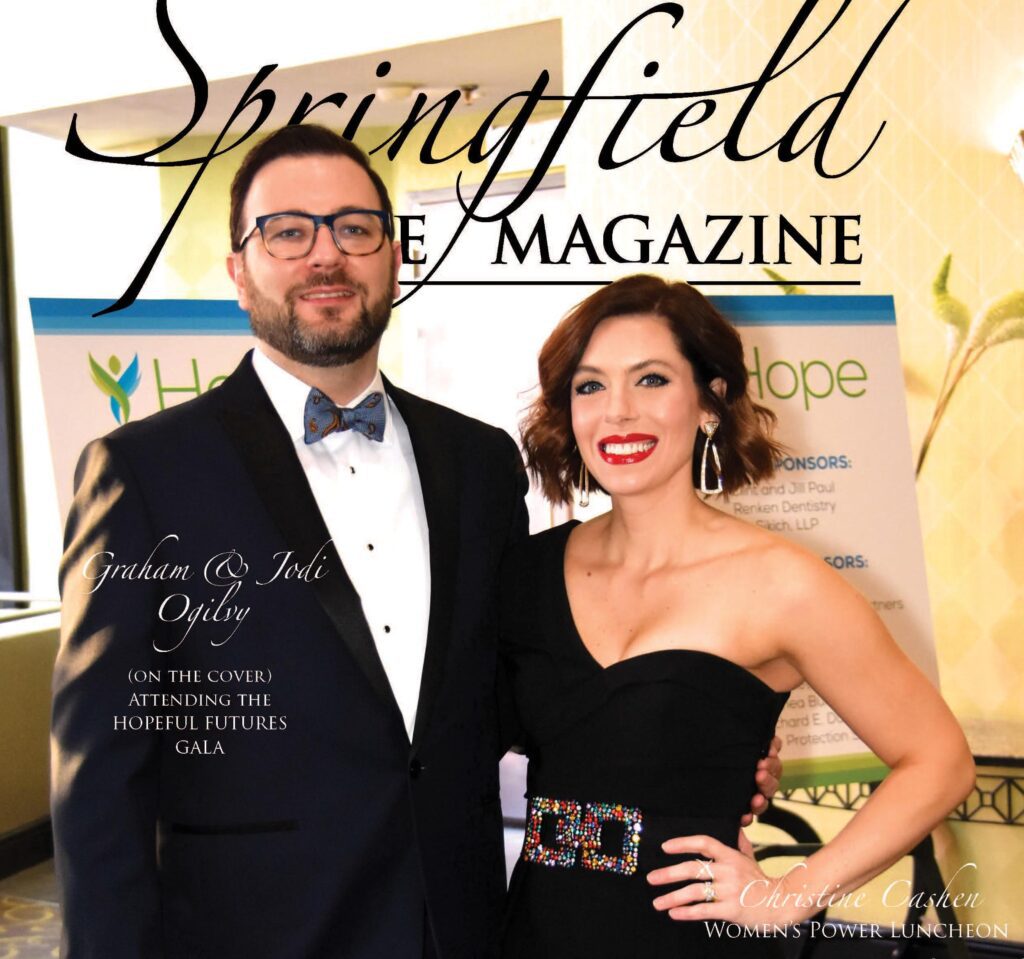![]()
By Cinda Klickna
During Kathy Johnson’s career as a U.S. diplomat, she served on four continents and moved fifteen times. She dealt with a wide range of issues—from political negotiations at the embassy in Damascus, Syria, to delivering a plate of fruit to Yasser Arafat during the 2000 Camp David talks. Her experiences highlight the important work of diplomats, which most of us probably do not fully understand.
Listening to Johnson’s stories is fascinating and spellbinding. The issues she has faced could leave a person high-strung, but Johnson is just the opposite. She is soft-spoken and often wears a wide smile that makes her eyes crinkle and sparkle. Her interests range from literature to architecture, music to international affairs, travel to reading, art quilts to horses, and everything in between.
When Johnson was in fifth grade, her father, a scientist at the Argonne National Laboratory in Illinois, became a Fulbright Scholar and was sent for one year to Otaniemi, Finland, near Helsinki, to work on Finland’s nuclear research programs. That experience introduced her to the broader world and a different culture, both of which influenced her later decision to pursue a career in the foreign service.
Prior to becoming a commissioned Foreign Service Officer, she lived in Finland and Iran, and was on staff on an archaeology dig in Israel for two seasons. As a diplomat, she served in Mexico, Syria, Poland, Austria, and Australia, as well as in the U.S., in Washington, D.C., Houston, Texas, Montgomery, Alabama, and Chicago, Illinois—and that’s just a sampling. Her work took her to every continent, with repeat travel to Iraq, Afghanistan and throughout Central Asia.
Today, she lives in Springfield, the city she purposely chose, even though she could have settled almost anywhere. Her story is an amazing journey that underscores the importance of the many U.S. diplomats serving across the world.
Early Life and College
Johnson was born in Oak Park, Illinois. She often visited her great-grandparents in Michigan’s Upper Peninsula, who had immigrated from Finland. But when she actually moved to Finland during fifth grade, she was immersed in a new culture and a new language. No one spoke much English, so she had to learn Finnish quickly. She loved the experience, but when she returned to Illinois, her sixth-grade classmates were talking about the Beatles. When she asked who they were, the kids were shocked. She had never heard of them in Finland. The kids teased her a lot, not understanding how she could not know about such a famous band. That made her realize just how much the culture of an area influences behavior as well as knowledge.
She graduated from Lockport Central High School and enrolled at Northern Illinois University, questioning exactly what major she wanted to pursue—veterinary science? History? Art? Math? By then, she was married, and her father had become a diplomat, who had been posted in Iran. She was intrigued by the possibility of going to Iran. Her husband was also interested and landed a teaching job there. Off they went. She says, “I fell in love with Iran—the history, architecture, music, and the people.” Since she spoke English, she could teach English as a second language in the American and international schools. “I taught a variety of students of all ages—nursery school children in a private international school, high school students and even pilots.” She also worked with children in a horseback riding club.
Two years later, she and her husband returned to Illinois, and she continued her studies at Aurora College. This time, she decided history should be her focus and designed her own course outline: Ancient Middle Eastern history, archaeology, literature, sociology, etc. She graduated magna cum laude in 1977 and then taught English as a second language in Elgin, Aurora and Naperville from 1977 to 1986. Two children, a son, Kenneth, and a daughter, Kathryn, were born seven years apart. She later received a Master’s in Business Administration from Texas A&M University and a Master’s in National Security Strategy from the Air War College.
Entering Foreign Service
After teaching for a while, she got what she calls “itchy feet” to travel. She took the foreign service exam, which she passed. In 1986, she was hired by the U.S. State Department. The State Department employs both foreign service personnel, who serve as our nation’s diplomats, and civil servants, subject matter experts, who are domestically based, often in Washington, D.C. Johnson stressed that diplomats are career officers, who are non-partisan, and who work across administrations serving presidents from both major political parties.
Johnson entered the foreign service as an officer to serve at embassies and consulates across the world. In that capacity, there are five possible career paths: political, economic, public diplomacy, consular, and management. Johnson was offered political, consular or management. She chose management.
Management roles within the foreign service diplomatic corps involve finding ways to make things better, addressing roadblocks, and motivating others to work together. She likened her chosen career path to the equivalent of a Chief Operating Officer of a major corporation. Specific assignments vary in time commitment, based on ratings that consider health, security, environmental issues, and terrorism in the area, among other factors. An assignment usually lasts from one to three years.
Diplomacy Explained
Johnson emphasizes the importance of having diplomats on the ground around the world. “Diplomats, first and foremost, advance U.S. national interests and U.S. national security. We are referred to as our country’s first line of defense. Diplomacy is about building enduring relationships, deepening understanding of how other governments operate, gaining insight into the perspectives of other leaders, and figuring out where collaboration is possible and when confrontation is necessary. If we aren’t on the ground in many countries, we won’t have the relationships to advance U.S. interests. Sometimes, it might take decades of quiet diplomacy to work through complicated issues.”
Every U.S. Embassy or Consulate has a duty officer who is on call 24/7 to help Americans in need of assistance in another country. Johnson explains, “The Duty Officer, a U.S. diplomat, has a special phone so that any American who calls can speak to someone. In some places where I served, we would get multiple calls a week, sometimes from worried parents in the U.S. trying to find their loved one, or child, perhaps following a natural disaster, or other unforeseen event. We had to assess the issue—was the child in an emergency situation or trying to escape from home? Each call had to be assessed to determine what, if any action should be taken, and then appropriate notifications made. Sometimes, that meant alerting our office in Washington, D.C.; sometimes, we could handle it on-site. And sometimes, that meant asking the host government to help.”
Johnson gained experience during her first assignment in Monterrey, Mexico. A phone call came in from parents in Colorado whose son had been missing for three months. The mother thought he might be traveling around Mexico. Johnson collaborated with the police, who were able to locate the boy and assist with his return to Colorado. She also made appropriate notifications for an American who was arrested on smuggling charges.
After Monterrey, Johnson was sent to many locations. When she was assigned to Warsaw, Poland, her son had already graduated from high school and was able to come to Poland during semester breaks from his university studies. He was part of the team that helped with the visit of then Vice President George H. W. Bush to Poland. Her daughter accompanied her and loved life in Poland. Johnson says, “My daughter still has a best friend from Finland, whom she met in middle school in Warsaw. She was in high school when I was assigned to Vienna, Austria. She, too, has loved learning about cultures and is now a history professor.”
Damascus, Syria, was her assignment from 2004 to 2006. Typical western food was not available locally, sometimes the electricity went out, and terrorists were known to pass through the country. Different issues presented themselves. At the time, the Syrian government was often angry at President George W. Bush, and that played out in the work at the embassy. Johnson says, “Our role is to carry out the policies of the administration, using the right channels to convey views and information.”
One time, the embassy requested visas for a team to come from Washington to repair wiring and electronic equipment, following some smoldering wires. The team departed before the Syrians approved the visas. Johnson had to resolve the issue with the Syrian government’s representative. She says, “It was difficult, and at one point, we told the Syrian official that if the embassy burned down, we would not be shy about saying exactly what happened. Eventually, our team was let in.”
Another issue involved the death of a student on a field trip. Johnson served as an embassy representative on the school board of the American Community School of Damascus. Following this unfortunate accident, the Syrian government threatened to close the school. This was the school of choice for families in the broader diplomatic community and for many wealthy Syrians. Johnson again was involved in negotiations to keep the school open.
After Damascus, she was assigned to various places: Alabama, Scott Air Force Base in southern Illinois, Chicago, and Australia. In 2000, as the Special Assistant to the Assistant Secretary for Administration, she found herself at Camp David as part of the team from the Department of State supporting the peace talks. She did a variety of things, including logistics and serving in the Control Room, handling requests from each of the delegations. One such request was a call from the King of Saudi Arabia asking to be connected to President Bill Clinton. Another was a call from Yasser Arafat asking for a plate of fresh fruit. It was nighttime; at Camp David, there is limited lighting, and people go from cabin to cabin in golf carts. So, she and a colleague delivered the plate of fruit to Arafat’s cabin, on a golf cart, holding a flashlight to shine the way.
Retirement and Settling in Springfield
In 2014, she returned to Washington, D.C., serving as the Director of the United States Diplomacy Center (later renamed the National Museum of American Diplomacy), a $44M privately funded center that was the first museum in the U.S. dedicated to telling the story of American diplomacy. Under her leadership, the team developed a nation-wide education program including diplomatic simulations for teachers to enable students around the country to learn about and try their hands at finding solutions to real diplomatic issues. They collected over 17,000 artifacts for exhibits and educational programs.
After serving for thirty-one years and rising to the senior ranks of the diplomatic service, Johnson retired with the rank of Minister Counselor, roughly equivalent to that of a two-star general. She stayed in Washington, D.C. and began considering what she wanted to do and where she wanted to live. She put together a list of criteria—somewhere that had good medical care and offered the ability to see her son and brother in Texas, her daughter in Michigan, and her mother and other brother in the Chicago area. There needed to be access to theater, symphony, opera, and people who cared about international affairs. Additionally, a place with less traffic and less pollution would be ideal. If it had horse people and quilters, that would be a bonus!
She recalled the time in 2016 when she was speaking at a Global Ties conference. A lady from Springfield invited her to bring the Diplomacy Center’s brand-new traveling exhibit to Springfield. She did; she spoke; there was a reception at the Illinois State Capitol where she met Mayor Langfelder and others. She also took the opportunity to see the sights in Springfield.
Johnson says, “I hadn’t been to Springfield since my eighth-grade field trip and loved seeing the sights again. Then, when I was deciding where to locate, I looked at my list of criteria, and everything checked off. I can travel to my family, go to St. Louis for both opera and my book club with friends I made when I was posted to Scott Air Force Base. Springfield has a stellar university, a fabulous community college and an interest in international affairs with the World Affairs Council of Central Illinois (WACCI).”
World Affairs Council
She spends a lot of time volunteering with the World Affairs Council. With her background and contacts across the world, Johnson has been able to bring in speakers for the Council’s monthly programs. WACCI is a civic organization dedicated to providing opportunities for the public in our region to learn about U.S. foreign policy, global economic and environmental issues, and international politics through in-depth presentations and discussions. In addition to monthly dinners and lectures, the Council hosts Great Decisions forums and a Young Ambassadors program for area students.
The September 2024 program focused on Poland, with speaker Daniel Fried, the former U.S. Ambassador to Poland. Johnson has been able to bring in many speakers, including current and former ambassadors. Some of the past programs included “Redefining Nepal – Two Ambassadors’ Perspectives,” “International Criminal Justice,” delivered by Ambassador Marc Perrin de Brichambaut, a judge at the International Criminal Court in The Hague, and “U.S. Initiatives in the Arctic – Dealing with Changing Realities.”
Johnson is proud of her work as a diplomat. She says, “Everywhere I served, I tried to make things better, however I could, whether it was in human rights, relations between the United States and the host government, the economy, or managing embassy operations. Diplomats serve in dangerous places, and many people aren’t familiar with what we do. Diplomats have an indispensable role in our country’s ability to conduct international relations and secure our national interests. The State Department’s budget is less than 1% of the federal budget and is so essential.”
Johnson adds, “Springfield is a wonderful place to live and has so much to offer. I love that people here are interested in culture, the arts, and international affairs. This kind of community engagement allows us to approach topics with engaging and thoughtful conversation. I encourage people to attend our World Affairs Council programs. Come to learn, to share a delicious meal, and to engage in interesting conversation with expert speakers and friends.”





